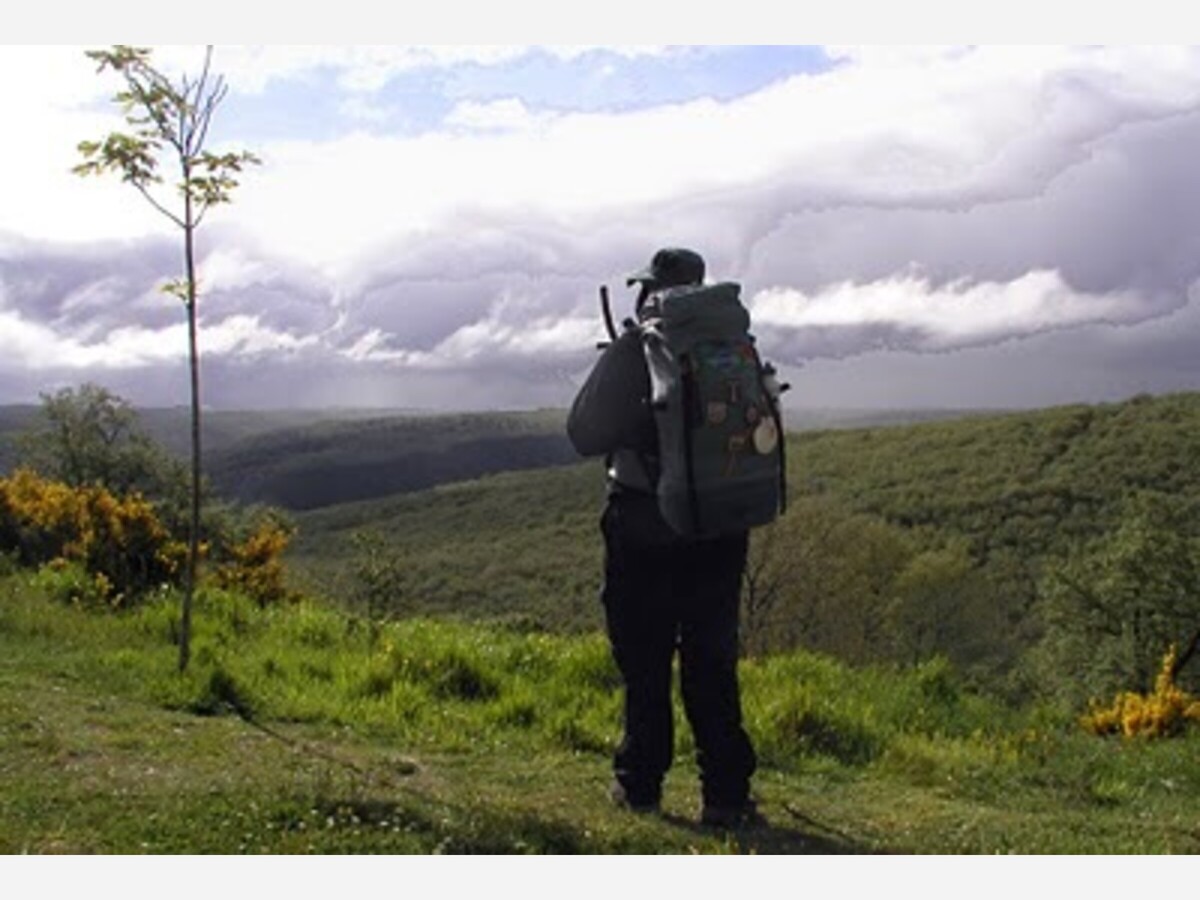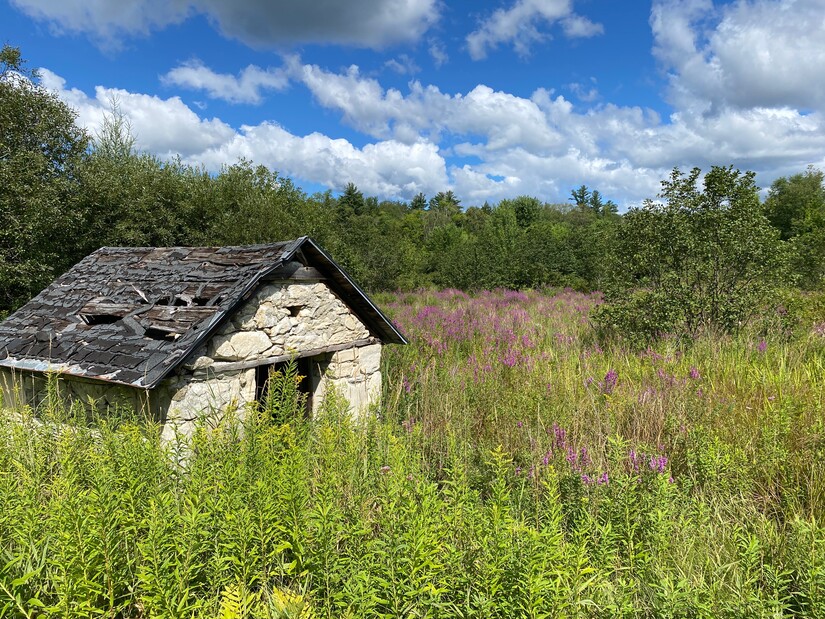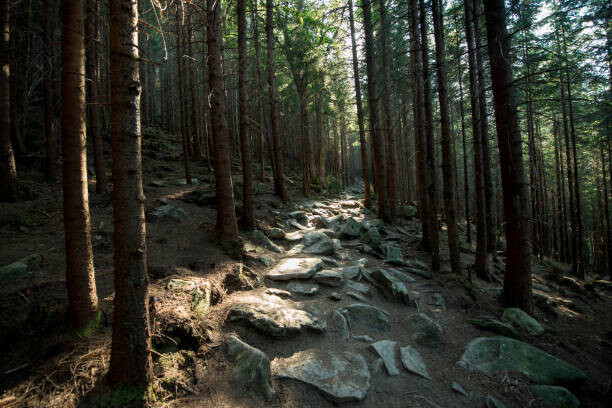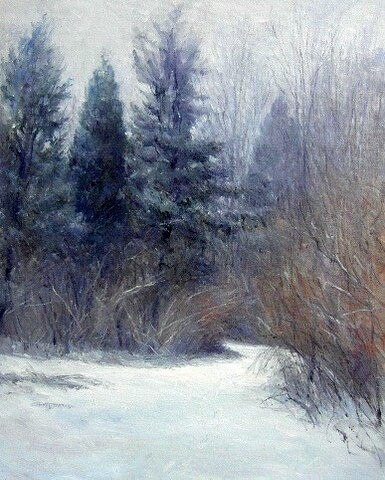Image

Pause for Reflection at Montes de Oca
by Sandra Williams*
Traditionally, a pilgrimage is an intentional journey to a destination considered sacred or significant in some way associated with a spiritual figure, an event or a practice. Many are the shrines, temples and sites worldwide to which pilgrims have travelled over the ages—many walking miles to such well known destinations as Mecca, Lourdes, Benares on the Ganges, the Wailing Wall, Deer Park, Jerusalem, Canterbury and Santiago de Compostela.
Can the idea of pilgrimage also be symbolic of another kind of path we sometimes find ourselves on whose destination may be uncertain or unknown? Are pilgrims prepared and fit for the risks involved in stepping away from the familiar landscapes—both inner and outer? All journeys offer opportunities to transform toward a heightened consciousness and greater self-knowledge.

Whether a physical journey to a destination, a path taken inwardly by intention, or one thrust upon us by chance, each journey requires taking risks; having resolve, courage, stamina and self-reflection.
Each has similar expectations—to complete the journey successfully with a sense of accomplishment. Each may be accompanied by variety of feelings: vulnerability, uncertainty, fear, hope, sorrow, joy and often an element of surprise at the unexpected encounters along “The Way.”
Images and notions of both Wilderness and Promise Land have been associated with the Pilgrimages, which may involve considerable physical, as well as psychological and emotional challenges.

The experiences of the pilgrim's inner landscape shifts with invisible, as well as visible revelations on sometimes arduous paths with dangerous turns, climbs, sheer drops, crossings, storms and obstructions, but also unimaginable vistas of beauty and small delights: the colors of dawn, the flutter of an unseen wing, the perfume of a meadow, the refreshment of a spring shower or the delight of fallings snow.

All great literature, or any story worth telling, involves the drama of a pilgrimage of sorts into unknown territory. Shakespeare’s King Lear unknowingly puts himself on a path of unintentional pilgrimage when he seeks affirmation of love from his three daughters, and will divide his kingdom among them based on the profuseness of their testimonies of adoration.
His youngest daughter, Cordelia, refuses to honor his selfish and foolish demand and is disinherited. His other daughters pass the test willingly with words crafted for self-gain. When they receive what they were promised, they exile him.
All is lost—position, power and wealth. Most devastating is betrayal, but thrust into the hardships of an unasked for pilgrimage into the Wilderness—he endures the outer elements of a raging storm, and the inner one of anguish incredulous rage, despair, blindness and madness—all due to his tragic flaw of ego and arrogance.

The once-king does not know where he is or who he is. Cordelia comes to his rescue. His inner landscape has been transformed and in a sense he finds himself in the Promise Land of forgiveness, acceptance and unconditional love, what he had been seeking all along, but through a tragic flaw of the arrogance of ego.
Ultimately, we all long for unconditional love, acceptance, and hope to find it here on earth, but, as “faithful” pilgrims, we must be willing to submit to the challenges, demands and blessings of our life’s journey, not knowing where it will lead us: to the ends of the earth, or to the limits of our longing.
One thing is certain, we will not end up where we started. If we are fortunate, we, like King Lear, can emerge from Wilderness to Promise land.
* Sandra Williams shares her inspirations. A writer of poetry, essays and short stories, she believes writing is both therapeutic and enlightening— “When we become aware of what inspires us, we expand our imagination and tap into our intuitive selves.” She collaborates with her husband, Robert, local landscape and mural painter, promoting community arts. She is the author of the historical novella, Moss on Stone and Time and Tide: collection of Tales.